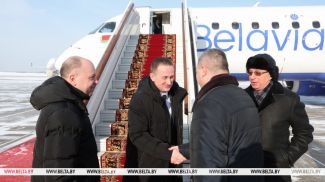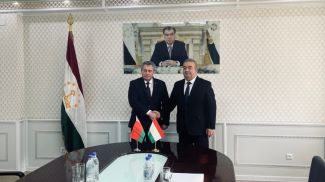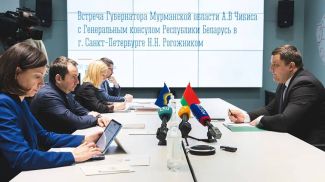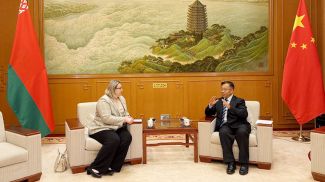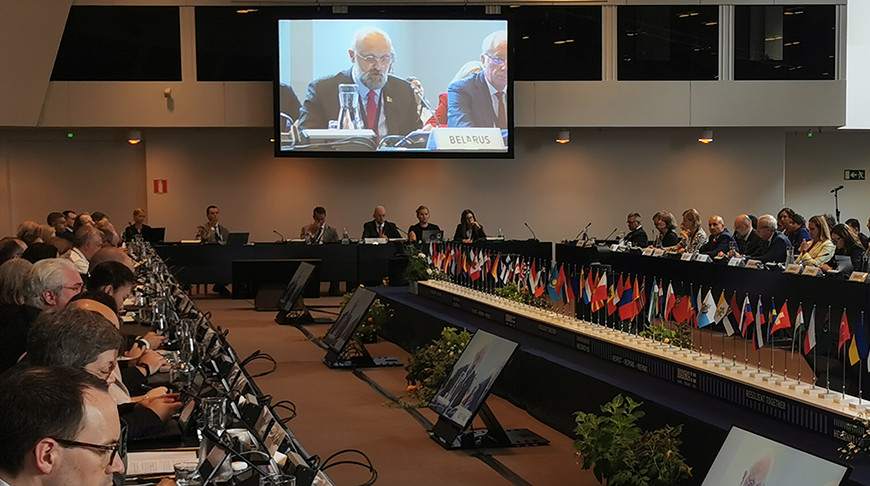
MINSK, 1 August (BelTA) - A Belarusian delegation led by Deputy Minister of Foreign Affairs Igor Sekreta participated in anniversary events in Helsinki marking the 50th anniversary of the Helsinki Final Act, BelTA learned.
During working discussions on the future of the OSCE, the head of the Belarusian delegation presented Minsk's assessments and proposals for addressing the regional security crisis and enhancing the OSCE's operational effectiveness.
Igor Sekreta stressed that the OSCE's future is viable only if the participating states begin treating the organization not as a platform for airing mutual grievances, but as a practical instrument for advancing dialogue and strengthening interstate cooperation across the Eurasian space.
"If we can rise above ideological dogmas and prejudices, we can restore peace in Europe. How? Through diplomacy. An end to hostilities and a new détente in Europe will not be preconditions, but the result of fully restored international dialogue," he emphasized.
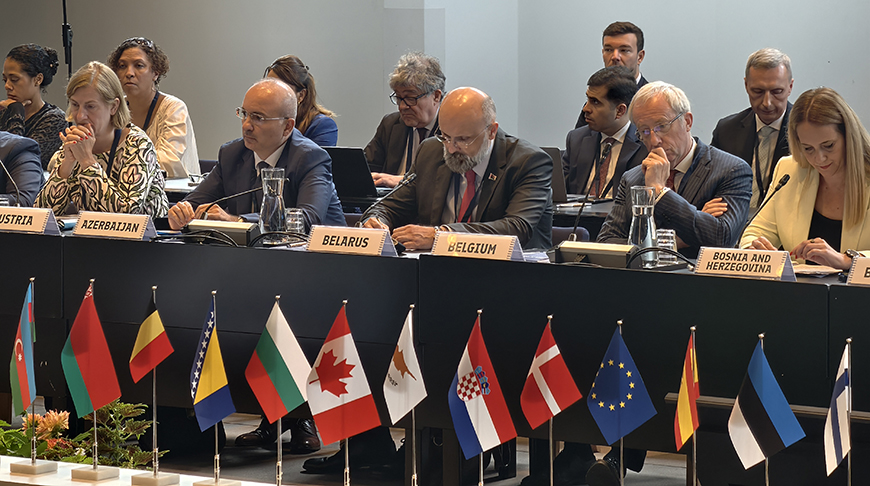
The Belarusian side proposed launching discussions on a future Eurasian security architecture, emphasizing the need for renewed dialogue among interested states. As an interim step, Belarus advocated involving independent experts, analysts, academics, and media representatives, should the official structures prove unready for direct engagement at this stage.
“Belarus is ready for such dialogue in any format and on any venue without preconditions. We also propose utilizing the Minsk Conference on Eurasian Security, scheduled for 28-29 October, for these purposes. Given our country's unique geopolitical position, Minsk is the optimal venue for substantive discussions and conflict resolution in the region," Igor Sekreta stated.
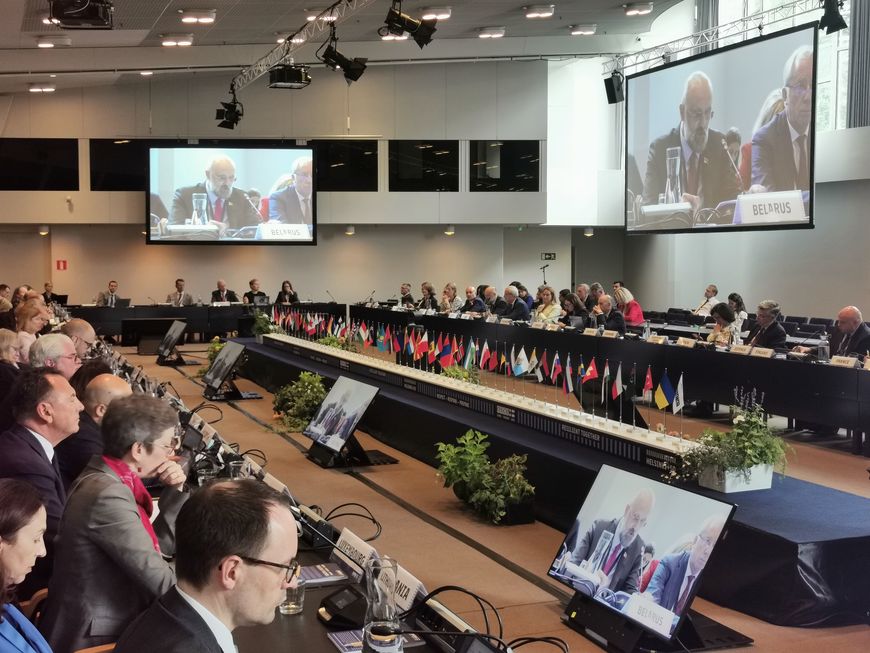
During working discussions on the future of the OSCE, the head of the Belarusian delegation presented Minsk's assessments and proposals for addressing the regional security crisis and enhancing the OSCE's operational effectiveness.
Igor Sekreta stressed that the OSCE's future is viable only if the participating states begin treating the organization not as a platform for airing mutual grievances, but as a practical instrument for advancing dialogue and strengthening interstate cooperation across the Eurasian space.
"If we can rise above ideological dogmas and prejudices, we can restore peace in Europe. How? Through diplomacy. An end to hostilities and a new détente in Europe will not be preconditions, but the result of fully restored international dialogue," he emphasized.

The Belarusian side proposed launching discussions on a future Eurasian security architecture, emphasizing the need for renewed dialogue among interested states. As an interim step, Belarus advocated involving independent experts, analysts, academics, and media representatives, should the official structures prove unready for direct engagement at this stage.
“Belarus is ready for such dialogue in any format and on any venue without preconditions. We also propose utilizing the Minsk Conference on Eurasian Security, scheduled for 28-29 October, for these purposes. Given our country's unique geopolitical position, Minsk is the optimal venue for substantive discussions and conflict resolution in the region," Igor Sekreta stated.

In Helsinki, the deputy minister of foreign affairs held meetings with heads of several foreign delegations.
The international conference and working discussions Helsinki +50 took place at the historic Finlandia Hall, the very venue where the Helsinki Final Act of the Conference on Security and Cooperation in Europe was signed in 1975.
The international conference and working discussions Helsinki +50 took place at the historic Finlandia Hall, the very venue where the Helsinki Final Act of the Conference on Security and Cooperation in Europe was signed in 1975.




